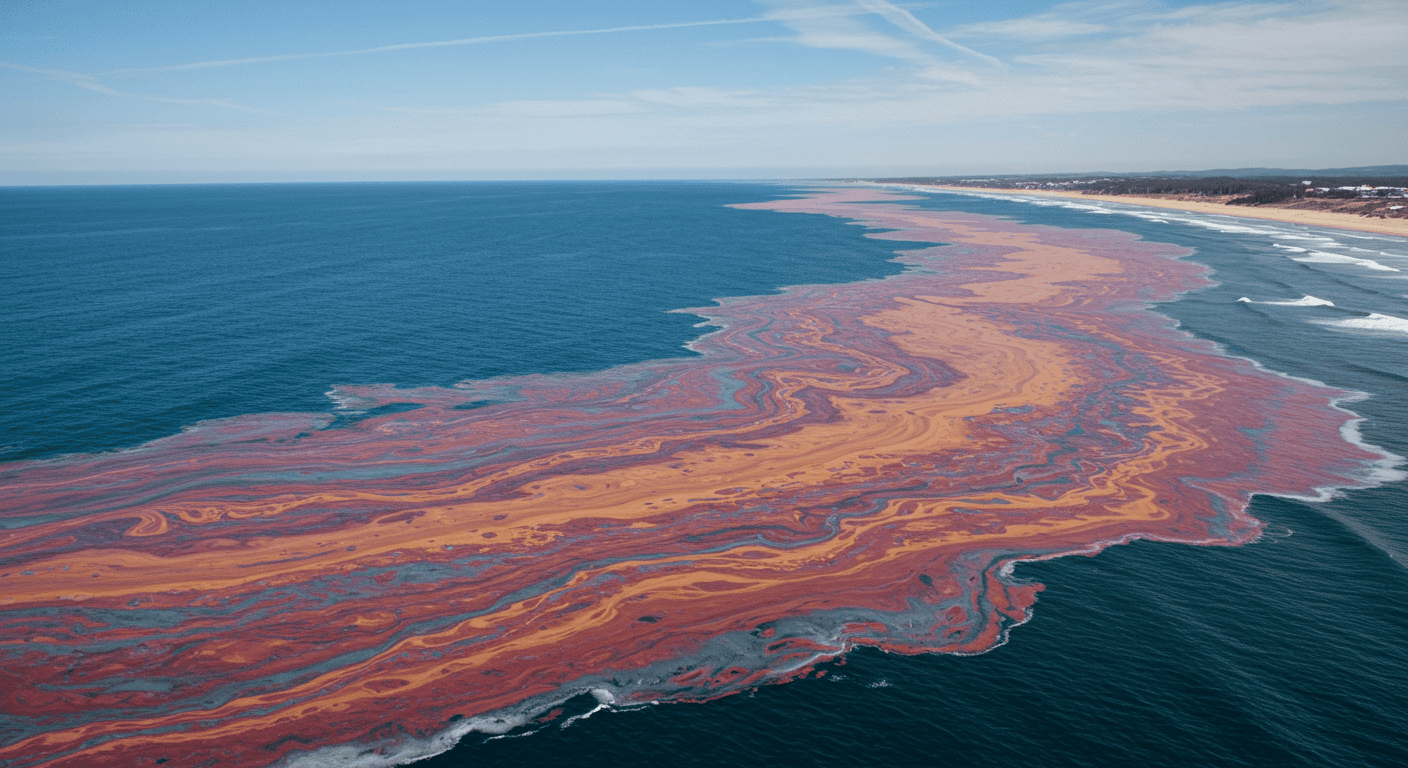Chemical spill training in Malaysia focuses on developing emergency response capabilities that are aligned with Department of Occupational Safety and Health (DOSH) requirements and Environmental Quality Act regulations. The training emphasizes practical spill response techniques while ensuring compliance with Malaysian legal requirements for chemical handling and emergency management.
The program incorporates specific protocols for managing chemical incidents in Malaysian industrial settings, including proper documentation, reporting procedures, and coordination with local emergency response agencies. Training is designed to meet both international standards and local regulatory requirements.
Chemical Spill Course
Who Should Attend Chemical Spill Training?
Emergency response team members, safety officers, production personnel, laboratory staff, and workers handling chemicals in Malaysian industries should attend this training. This includes employees from manufacturing, petrochemical, pharmaceutical, and research facilities where chemicals are regularly used or stored.
The training is particularly crucial for designated emergency responders and supervisors responsible for implementing spill response procedures following Malaysian regulations.
What Are The Core Safety Components Covered?
The training addresses essential safety elements, including hazard identification, risk assessment, proper PPE usage, and emergency response protocols for chemical spills. Participants learn about different classes of chemicals and their particular handling requirements according to Malaysian chemical safety standards.
Special emphasis is placed on understanding Material Safety Data Sheets (MSDS), chemical properties, and appropriate response measures for different chemical emergencies.
How Is Spill Response Equipment Handled?
Participants learn proper selection, maintenance, and use of spill control equipment, including absorbents, containment materials, and decontamination supplies. Training covers equipment inspection procedures and storage requirements following Malaysian safety guidelines.
The program includes practical sessions on using spill kits, personal protective equipment, and emergency response equipment commonly available in Malaysian facilities.
What Emergency Response Procedures Are Covered?
The training addresses comprehensive emergency response procedures, including initial assessment, containment strategies, evacuation protocols, and coordination with emergency services. Participants learn proper communication channels and reporting procedures required by Malaysian authorities.
Special focus is on developing quick decision-making skills and implementing appropriate response measures while maintaining safety during chemical emergencies.
How Is Environmental Protection Addressed?
Participants learn environmental protection measures, including preventing chemical releases into water sources, soil contamination prevention, and proper waste disposal methods, according to Malaysian environmental regulations. Training also covers environmental impact assessment and mitigation strategies.
The program emphasizes compliance with Environmental Quality Act requirements and implementing environmentally responsible spill response procedures.
What Documentation Requirements Are Included?
Training covers mandatory documentation procedures, including incident reports, investigation records, and regulatory notifications required by Malaysian authorities. Participants learn proper record-keeping practices and reporting timelines.
Special attention is given to maintaining accurate documentation for compliance purposes and incident investigation requirements.
How Is Decontamination Managed?
After chemical spills, participants learn proper decontamination procedures for personnel, equipment, and affected areas. Training includes understanding decontamination zones, proper techniques, and waste handling procedures according to Malaysian standards.
The program emphasizes safe and effective decontamination while protecting responders and the environment.
What First Aid Components Are Addressed?
Training covers chemical-specific first aid responses, including eye wash procedures, chemical burns treatment, and exposure management. Participants learn proper first-aid techniques that are aligned with Malaysian occupational health requirements.
Particular focus is on immediate response measures and coordination with medical services for chemical exposure incidents.
How Is Preventive Planning Implemented?
Participants learn spill prevention strategies, including proper chemical storage, handling procedures, and risk mitigation measures. Training addresses facility layout considerations, containment systems, and preventive maintenance requirements.
The program emphasizes developing proactive approaches to prevent chemical spills while maintaining operational efficiency.
What Team Coordination Skills Are Developed?
Training covers effective team coordination during chemical spill response, including roles and responsibilities, communication protocols, and chain of command structures. Participants learn to work effectively as part of an emergency response team.
Special attention is given to developing leadership skills and team coordination capabilities during chemical emergencies.
How Is Post-Incident Analysis Conducted?
Participants learn proper incident investigation techniques, root cause analysis, and corrective action implementation. Training covers post-incident review procedures and lessons learned documentation according to Malaysian safety requirements.
The program emphasizes continuous improvement through practical incident analysis and implementation of preventive measures.
What Are The Training Exercise Requirements?
Training includes practical drills and simulation exercises to test response capabilities and team readiness. Participants engage in scenario-based training reflecting real-world chemical spill situations in Malaysian industrial settings.
A particular focus is conducting regular drills and evaluating response effectiveness through practical exercises and assessments.

